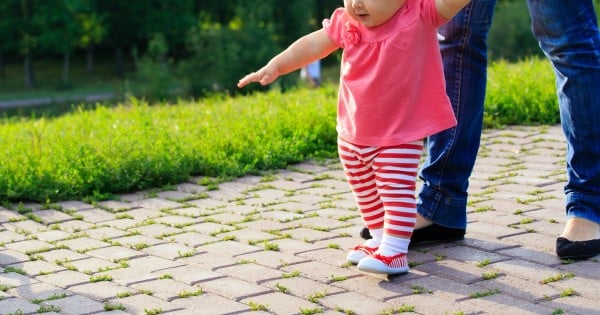
I had dinner with four girlfriends last night and everyone except me was fired up about John Howard’s comments that 50/50 gender representation in parliament is unlikely because women do the majority of care-giving for children and the elderly.
My friends were all appalled by his statements. But I suspect most Australian women, like me, simply shrugged and said, “Well, that’s screamingly obvious. And what’s your point, John?”
There is a huge disconnect between the way things are and the way they should be. The former PM perhaps made the mistake of not making that distinction and pointing out that we need to find ways to address the burden women carry but the truth of his observation – that women bear the brunt of care-giving and that this dramatically impairs our ability to advance our careers – remains solid.
Women do bear the brunt of care-giving. I know this because I run a company that employs more than 100 women and only a couple of men. And when the gender balance of your workforce is so skewed, you get an intense insight into the different pressures women face.
Watch the Q&A Panel discuss why we need more women in politics. (Post continues after video.)
Care-giving is right at the top of this list of pressures. As Howard noted, women are routinely forced to curtail their careers because they must take care of young children or elderly parents. We know this. The unluckiest women are the ones who are sandwiched between the two, pulled in opposing but equally demanding directions by the emotional, physical and logistical needs of parents and kids at the same time.



Top Comments
I don't disagree with the unfair burden on women. But can I give you a male perspective, which makes this issue more complex. There is a much bigger expectation in the workplace on men to put work before their kids. I'm a single dad and that expectation and pressure affects time I need to be with my kids. I make it up to them, but it brings plenty of guilt feelings. That said, humility aside, my kids would say I'm a good parent, a better than when I was married and a better parent than their mother. Dad or mum, it's not easy, but I never regret being a parent.
When you are milking the kids for all their worth in society as so often happens at the time of divorce to the tune of about 95% in favor of mothers of course the women are going to be seen to be burdened. If fathers are not given the opportunity to parent by politicians like Howard and unfairly portrayed as monsters by the media and government alike what chance do you think mummy has of throwing the kids back at him when it suits her.She wants a better job, wants to work and earn more, wants to go out night clubbing etc. Talk about wanting your cake and eating it too. Howard is a coward feminazi in disguise. Always has been.